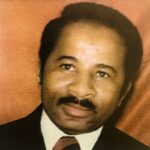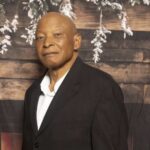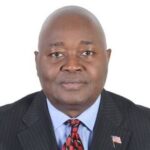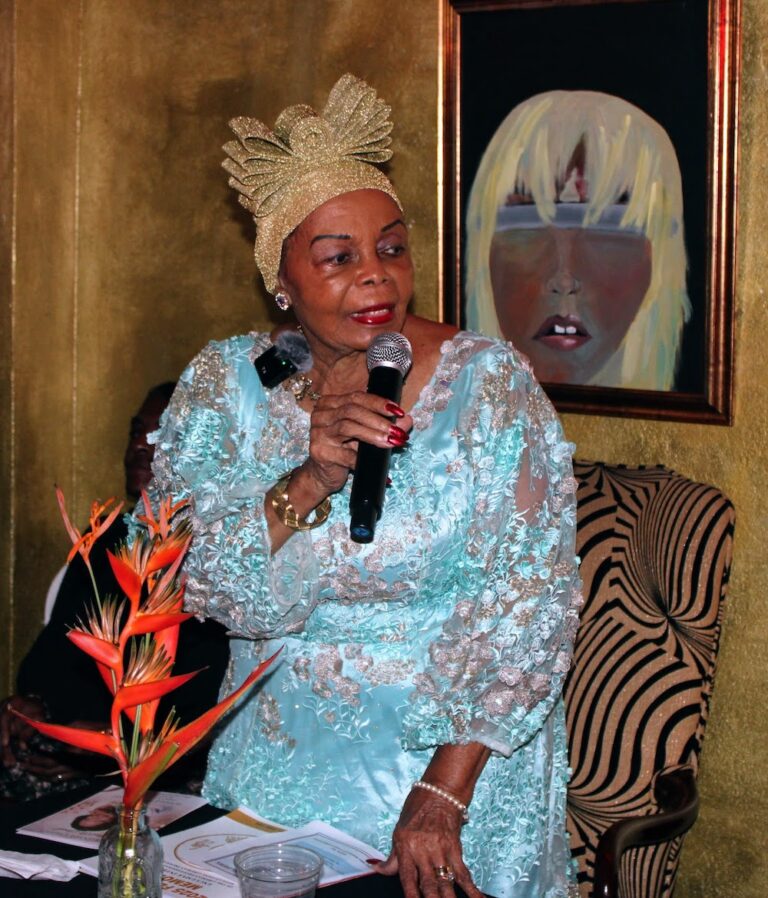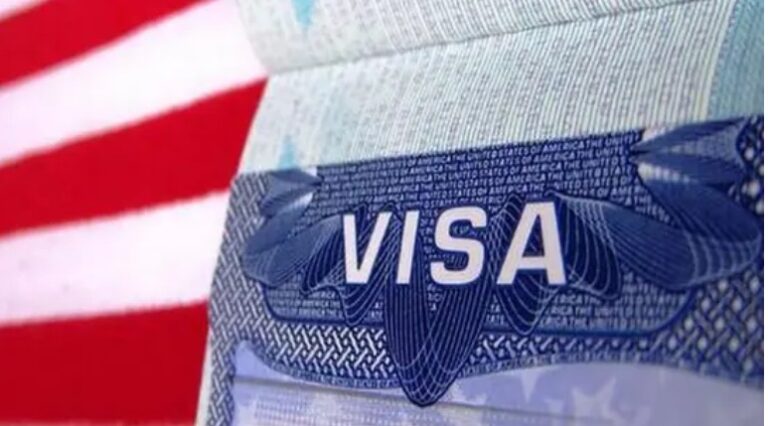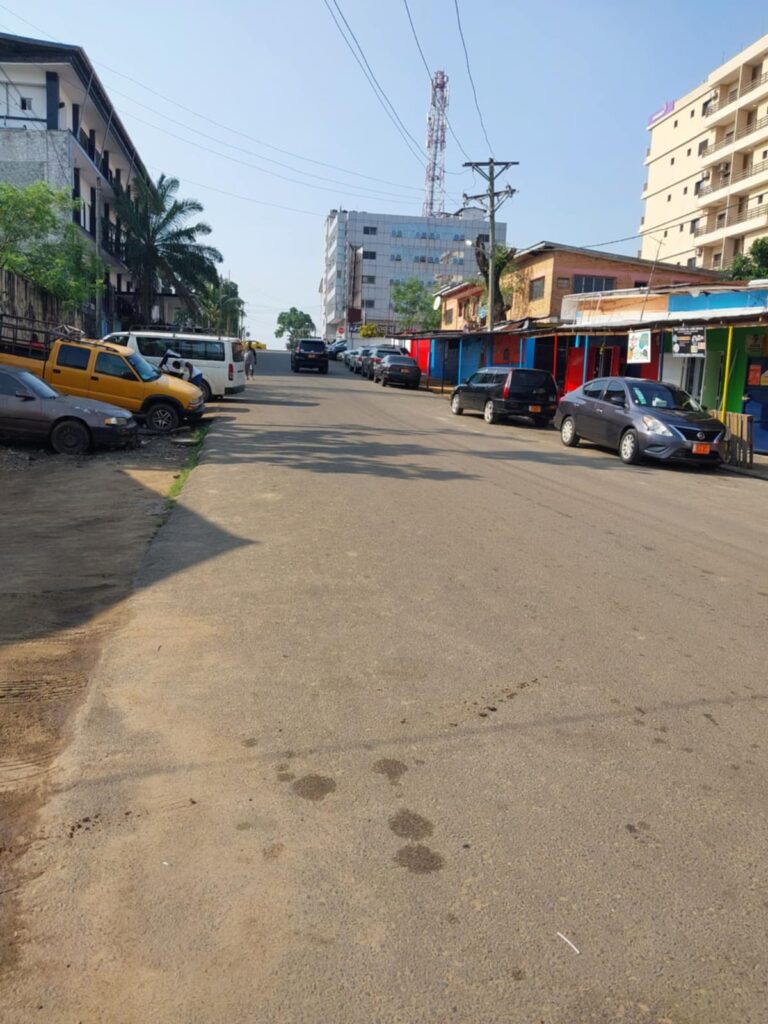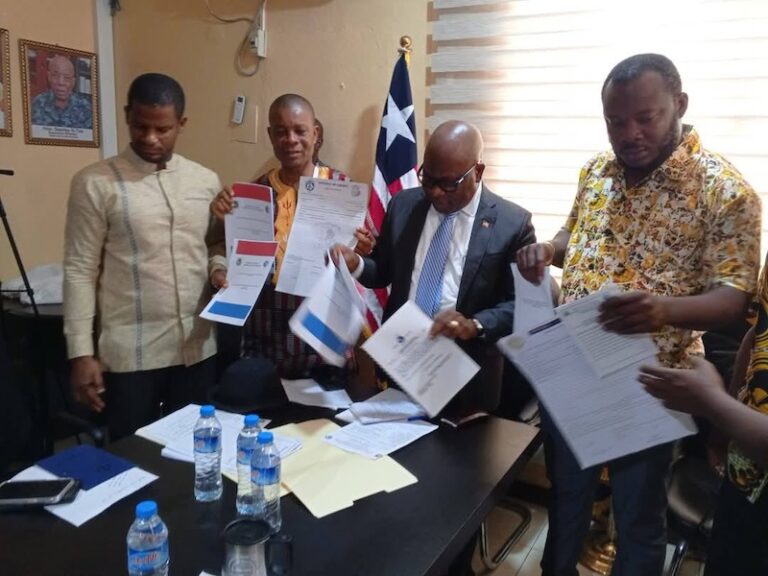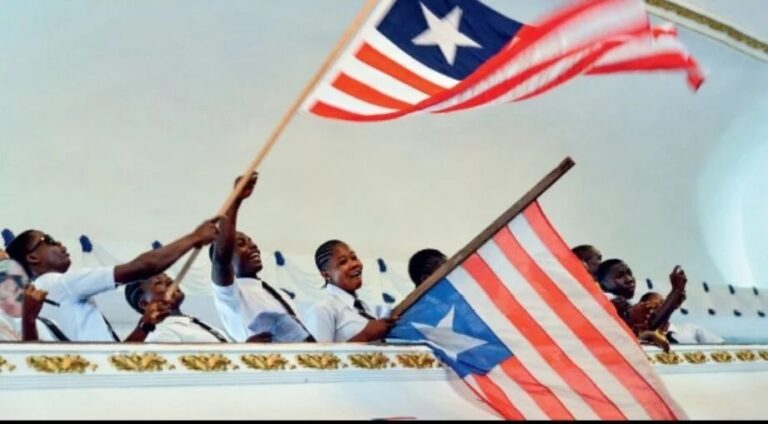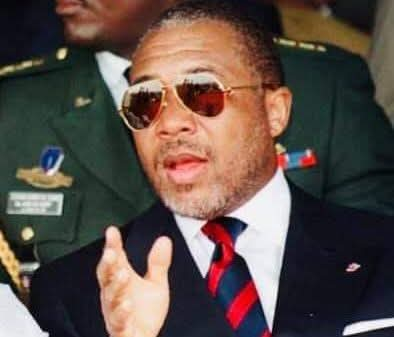
By Henry Mamulu
August 22, 2025
Peer Pressure is what made most of us take our first smoke or our first drink. Some of us—under that invisible push from friends—lost our virginity, never to get it back again. At the time, we excused it, saying, “It was Peer Pressure,” as if that made the mistake smaller, as if it shifted the blame away from us. Deep down, though, most of us knew—we had messed up.
But what happens when Peer Pressure extends into adulthood? What if it doesn’t stop at cigarettes, alcohol, or teenage experiments, but creeps into marriages, relationships, and politics? For many, it becomes the reason behind infidelity, broken vows, and broken hearts.
Think of the boyfriends or girlfriends you gave up because a best friend didn’t approve, or because Mama and Papa disapproved. You might have known they were right for you, but you gave them up anyway—just to keep peace at home, to feel Mama’s affection when she called you into the kitchen, or Papa’s approval when he asked you to clear his dinner plate.
Now imagine that same pressure—magnified to an international level. Imagine not just family or friends, but the International Community itself applying pressure. Of course, it wouldn’t be called “Peer Pressure” anymore. Psychology tells us that only children fall for such things—to do what they shouldn’t simply to be accepted, invited to the party, allowed to eat and drink at the table. Yet when nations are involved, the principle is the same.
In Liberia, in the ghetto, we say:
“Ahwa.”
And the reply comes: “The secret leek coh.”
(It’s supposed to be “the secret leaked out,” but it never sounds that way.)
Peer Pressure has Psychology behind it, yes—but it also has Politics behind it. And when Liberia was labeled a “Failed State,” the only way back into the so-called “Community of Civilized Nations” was to see reality not through our own eyes, but through the lenses of those who branded us that way in the first place.
Charles Taylor: The Man and the Myth
President Charles Taylor was arrogant—that much I can say without hesitation. He did not take counsel easily. I knew him as such. But I also knew him in other ways, ways that the world will never recognize.
Taylor and I first met in 1982. Taweh Anderson and I had just formed a band. We called ourselves Friends and brought in others: Melvin Clark, my godson Arnold Brown on guitar, and Thomas Rainsbury, a talented kid from B.W. Harris High, on piano.
People loved us even before we made our national debut. When we performed on ELTV television that Thursday evening, it wasn’t just music—it was a moment. We opened with Melvin singing Harry Belafonte’s “Day-O”. The crowd loved it. Then Taweh sang “Daddy’s Home”, the Jermaine Jackson song. I closed with Quincy Jones’ “Just Once”. The next week, Thomas Thompson told me that at the local watering hole, The Garage, men were so moved they started loving their wives all over again. We were that good!
Not long after, Charles Taylor—then Director General of the General Services Agency—invited us to his home. He wanted to manage the band. I agreed, but with conditions: Arnold and Thomas were still in high school, and Melvin had a wife and family. From then on, our lives changed. We had money, recognition, and were treated with a respect we had never known.
Taylor’s Legacy
One of Taylor’s last acts as President was to give the country back to God. If true, it implied that during the war Liberia had been handed over to the devil. To dedicate a nation to a spirit is no small thing—it is an invitation, a covenant. After so-called “free and fair” elections, Liberia once again seemed to belong to the devils. Perhaps only a true son or daughter of the land can return it to God.
In 2014, when I became Principal of Child Development Academy, I encountered some of Taylor’s children and relatives. There was Martha, daughter of Senator Jewel Howard Taylor—beautiful, intelligent, aloof. There was Lisa Yeaney, bold and endowed, using her body as her tool. There was Neilson Taylor, quiet and humble, weighed down by the pressure of being Charles Taylor’s nephew. And there was Beauford “BJ” Taylor, son of Julie Fargathy, the one who most resembled his father.
When I asked BJ’s class to write an essay, he submitted one condemning his father. It could have been lifted straight from the United Nations’ verdict. I refused it. I told him: “Write not about what the world says. Write about him as your father.” He returned with a tender, loving tribute. I gave him an 88%.
Even so, it was clear: for BJ to be accepted by his peers, by his teachers, he had to see Charles Taylor not as his father, but as the world saw him—a warlord, a despot, a menace.
Perhaps that is the only lens through which the world will ever view Charles Taylor. Anything else risks exile from the so-called civilized community. Yet my lens is different. To me, Taylor was the only Liberian leader who had a dollar and invested it in me. He desired to take me further than I could imagine. He gave back Liberia to God. He gave up his fight so that we could fight another day. For that, I am grateful.
The Greater Lesson
And here lies the greater lesson: Peer Pressure is not just a playground thing. It is the force that bends wills, breaks promises, and even shapes nations. It made children smoke their first cigarette, it made lovers abandon each other for approval, and it made nations bow their heads to be welcomed into the “community of civilized states.” It is subtle, invisible, but powerful—because it always promises acceptance at the cost of authenticity.
If Peer Pressure can make a child lose their innocence, it can also make a nation lose its soul. Liberia must decide whose approval it truly seeks—the world’s applause, or the deeper calling of its own people, its own destiny, and its God. For if we continue to see ourselves only through the world’s lens, then we will forever be reacting, forever bending, forever trying to fit into someone else’s party.
But if we rise above that pressure—if we claim our own narrative, our own dignity, and our own spirit—then we are no longer children at the mercy of others. We become a people who choose our path, who learn from our wounds, and who define ourselves not by shame or by labels, but by the greatness we are still capable of.
Liberia’s future will not be won by those who surrender to Peer Pressure, but by those courageous enough to resist it. And perhaps, in that courage, lies the redemption of both a nation and its sons.
Beyond the Warlord: Why Liberia Needs Taylor’s Release
If Liberia is ever to step fully into its own destiny, it must also free itself from the shackles of borrowed judgment. Charles Taylor has paid his price, but Liberia continues to pay a heavier one by keeping its own son in chains to satisfy the demands of others. The world may only see him as a warlord, but we know him also as a leader who, for all his faults, gave back our nation to God and invested in his people when no one else would. Releasing Charles Taylor is not about excusing the past—it is about reclaiming Liberia’s right to decide its own future. To continue to keep him imprisoned is to keep Liberia itself imprisoned in the narrative of failure. To release him is to declare that Liberia will no longer be defined by peer pressure, but by its own will, its own people, and its own God.


